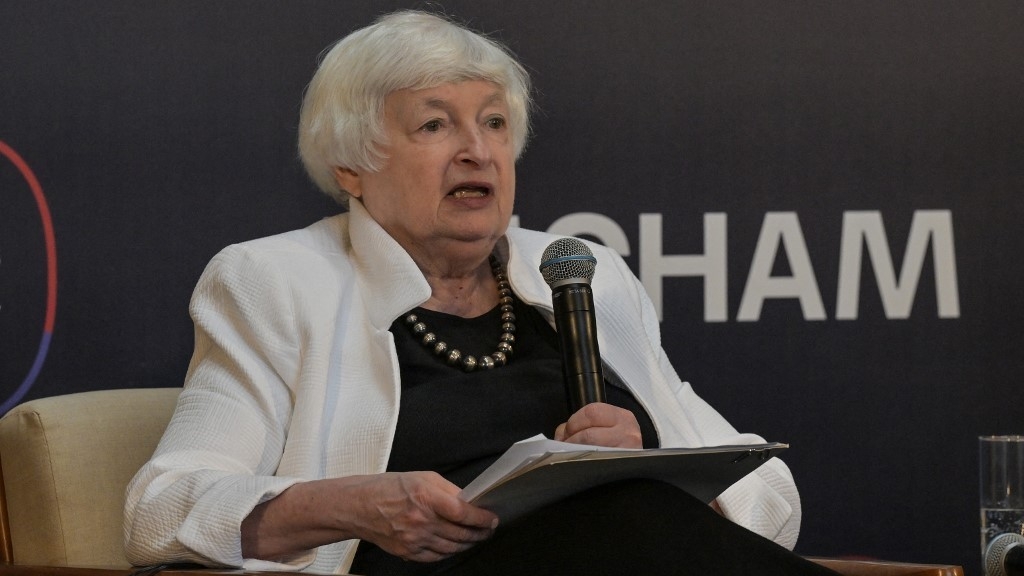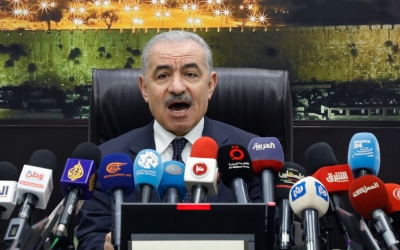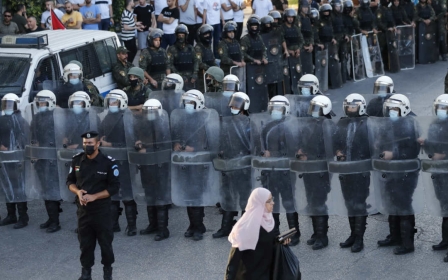Israel resumes tax revenue transfers to Palestinian Authority, US announces

Israel has agreed to restart the transfer of tax revenues to the Palestinian Authority (PA) which will be used to support essential services and strengthen the economy of the occupied West Bank, the US announced on Tuesday.
US Treasury Secretary Janet Yellen, speaking while in Brazil for the G20 summit, said that the funds have already started to be disbursed to the PA.
Under interim peace accords reached in the 1990s, Israel's finance ministry collects taxes on behalf of the Palestinians and makes monthly transfers to the PA. But no payments have taken place since November, following the start of Israel's war on Gaza.
The PA has faced difficulties giving out complete salaries to the public sector for several months due to the dispute stemming from the Israeli finance ministry's refusal to disburse a portion of these funds.
The US has on several occasions called on Israel to resume the monthly payments, warning that suspending the payments would further destabilise the PA, which is widely unpopular in many parts of the West Bank.
New MEE newsletter: Jerusalem Dispatch
Sign up to get the latest insights and analysis on Israel-Palestine, alongside Turkey Unpacked and other MEE newsletters
The resumption of the payments comes a day after Palestinian Prime Minister Mohammad Shtayyeh submitted his resignation to allow the formation of an "inter-Palestinian consensus" on governance after Israel's war on Gaza ends.
Restrictions on Palestinian workers
Yellen added that the revenue transfers "must continue" while also warning that the restrictions Israel imposes on the mobility of Palestinian workers are hampering commercial activities in both the West Bank and Israel, Reuters reported.
"Blocking West Bank residents from working in Israel, it has a very significant negative effect on incomes in the West Bank. And Israel is also dependent on that labour force," Yellen said ahead of the G20 finance leaders meeting, adding that labour shortages were also hurting Israel's economy.
Yellen mentioned she "wanted to weigh in" regarding the restrictions on Israeli revenue and labour, noting the Treasury's involvement in these matters.
She also added that Washington has not observed a considerable effect on the global economy due to Israel's ongoing war in Gaza, but will keep a close watch on the developments.
Yellen said that Washington backs the World Bank's dedication to providing emergency assistance for food security in Gaza and economic aid for the West Bank.
"We've worked very hard to make sure that the conflict between Israel and Gaza and Hamas doesn't expand into a larger regional conflict, but were it to do so, there could be significant economic spillovers. Fortunately, we haven't seen that," she said.
"We continue to explore options for strengthening the West Bank economy."
The United States and other countries have exerted pressure on the PA to enact internal reforms and devise a political plan for the governance of Gaza after the war.
Fatah and Hamas are due to meet in Moscow on Wednesday amid efforts to reach an agreement over a unity government.
Israel's government, meanwhile, has vowed to destroy Hamas and also said that it won't accept the current PA to rule over Gaza after the war, which broke out following a Hamas-led attack on southern Israel on 7 October that killed 1,140 people, mostly Israelis, and saw more than 200 taken back to Gaza as captives.
Israel's war on Gaza has so far killed more than 29,700 Palestinians and wounded over 70,000 others.
Middle East Eye delivers independent and unrivalled coverage and analysis of the Middle East, North Africa and beyond. To learn more about republishing this content and the associated fees, please fill out this form. More about MEE can be found here.





